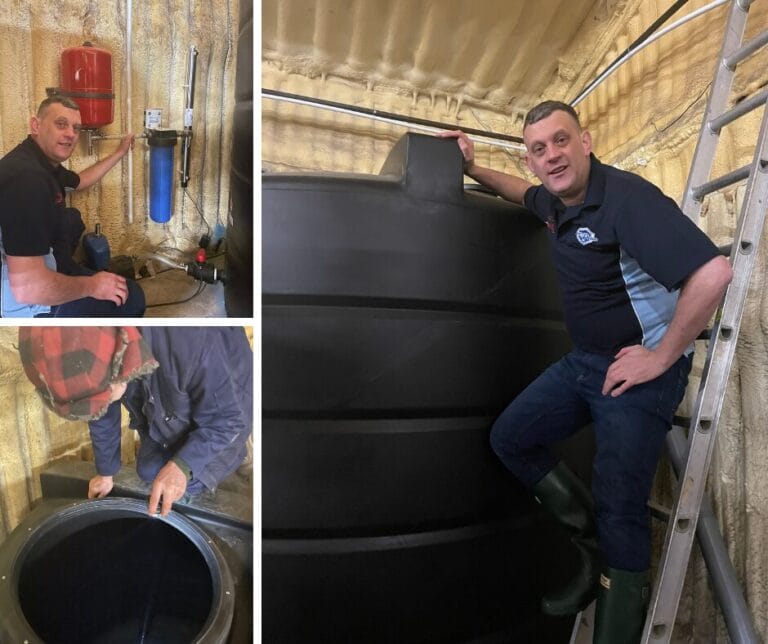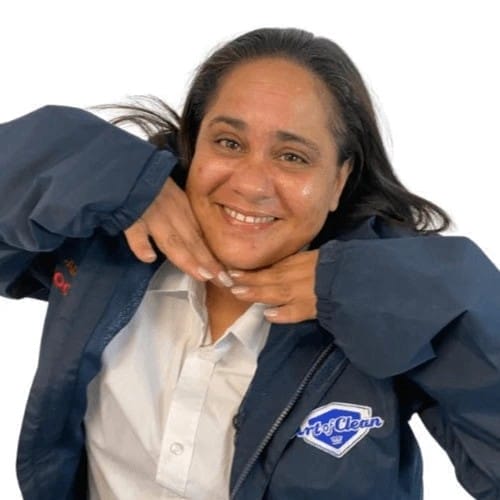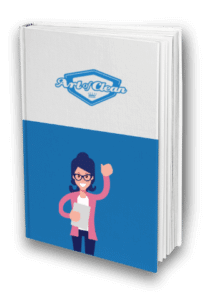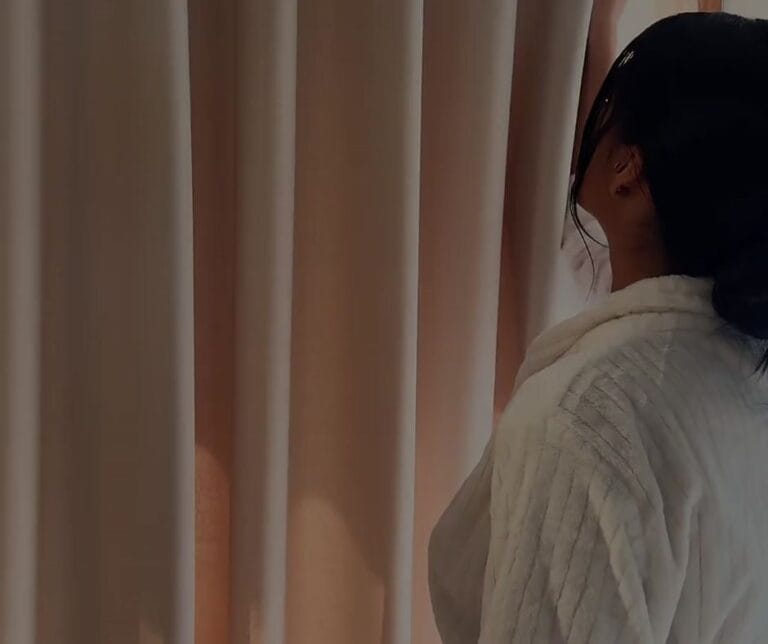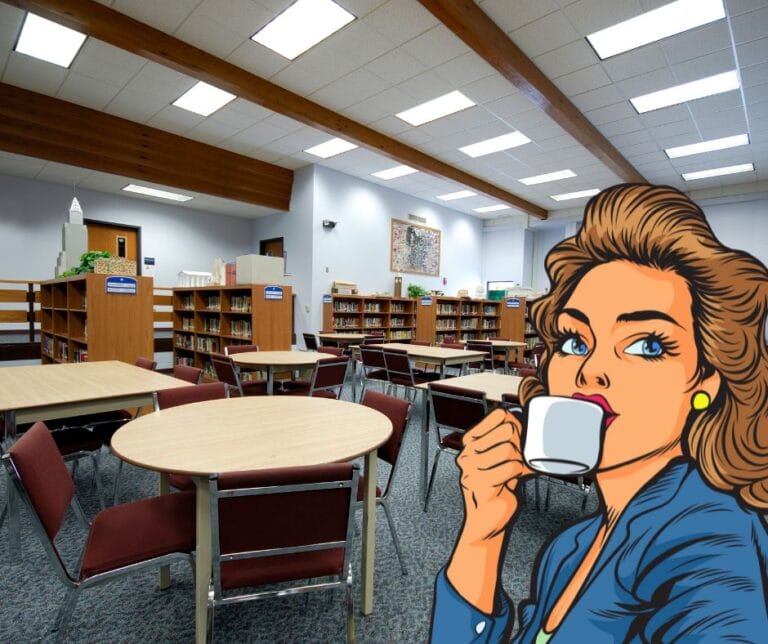At that time, we operated a rug cleaning workshop in Littleport near Ely. Excited about the potential benefits, I dug out my old reverse osmosis water softener and began using soft water to clean rugs. The results were impressive—the rugs came out looking pristine. However, there was a significant drawback. The reverse osmosis system produced soft water but also generated an equal amount of hard water as waste, which had to be disposed of. This meant we were essentially doubling our water usage, making the process unsustainable.
Reluctantly, I discontinued using the reverse osmosis system. The idea of soft water cleaning lingered in my mind, but the wasteful process was a dealbreaker. Fast forward a few years, a rug repairer suggested we consider using soft water for rug cleaning again. This time, he mentioned the possibility of using rainwater.
The thought intrigued me, but it wasn’t until last year, in 2023, that the idea truly took root. A friend invited me to watch the documentary “Pure Clean Water” at the Arts Picture House in Cambridge. The film highlighted the severe water shortages in our region and the importance of sustainable water practices. It was a revelation. All my past experiences and ideas about using soft water for cleaning came rushing back.
Inspired by the documentary, I decided to take action. We invested in a rainwater harvesting system, installing tanks, filters, UV lights, and purification systems. The goal was to create a sustainable, eco-friendly water source for our cleaning processes. Rainwater, being naturally softer and free from the harsh chemicals found in tap water, seemed perfect for cleaning rugs. By early 2024, our new system was up and running, and we’ve been fine-tuning it ever since.
One of our recent success stories involves a lovely couple, Garry and Sue. They had a beautiful rug that had been severely damaged due to a blocked drain at their farmhouse. The rug was covered in dirt and contaminants. Seeing this as the perfect opportunity to test our rainwater system, we got to work. The results were nothing short of miraculous—the rug looked as good as new. Garry and Sue were thrilled with the outcome, and it reinforced our belief in the benefits of using purified rainwater.
Using rainwater has multiple advantages. It’s naturally softer, meaning it contains fewer dissolved minerals compared to the hard water from taps around Cambridge. Tap water often contains chlorine, which, although in small amounts, can negatively impact wool fibres over time. Additionally, using rainwater helps us conserve the limited water resources in and around Cambridge and the surrounding counties of Cambridgeshire, Suffolk, Hertfordshire, Essex and Norfolk. The reality of water scarcity profoundly impacted me after watching the “Pure Clean Water” documentary, and I was determined to make a difference.
We went a step further and had our harvested rainwater tested for safety. The results were excellent, confirming that our purification process was effective and that the water was safe for use in cleaning rugs (see test results here).
Our commitment to sustainability doesn’t stop at rug cleaning. We’ve also connected our purified rainwater system to our outdoor taps, which we use to clean our fleet of vans. This change has eliminated the unsightly white spots caused by hard tap water on the windshields.
On a personal note, Laurence, my wife, has also embraced the benefits of rainwater. She installed a water butt at home and used the collected rainwater to nourish our plants. Our peace lily in our lounge, once a moderate grower, now flourishes with vibrant leaves and frequent blooms. It’s a simple change that has made a significant difference.
We encourage you to consider your own water usage. Installing a water butt at home can reduce your reliance on tap water and provide numerous benefits for your plants and garden. It’s a small step towards a more sustainable lifestyle.
Thank you for being part of our journey towards a cleaner, greener future. Your support enables us to innovate and implement eco-friendly practices that benefit not only our clients but also the environment.

